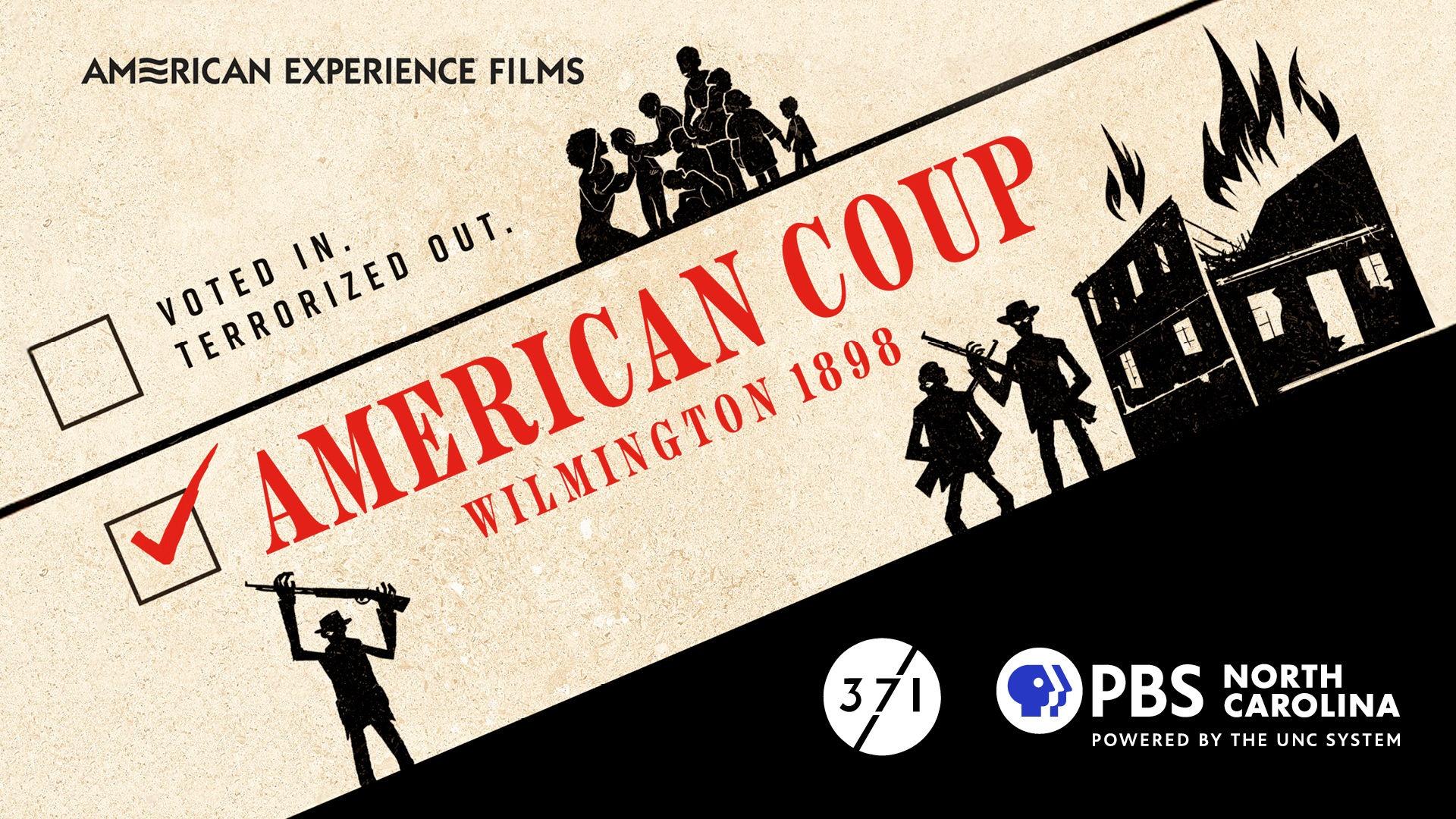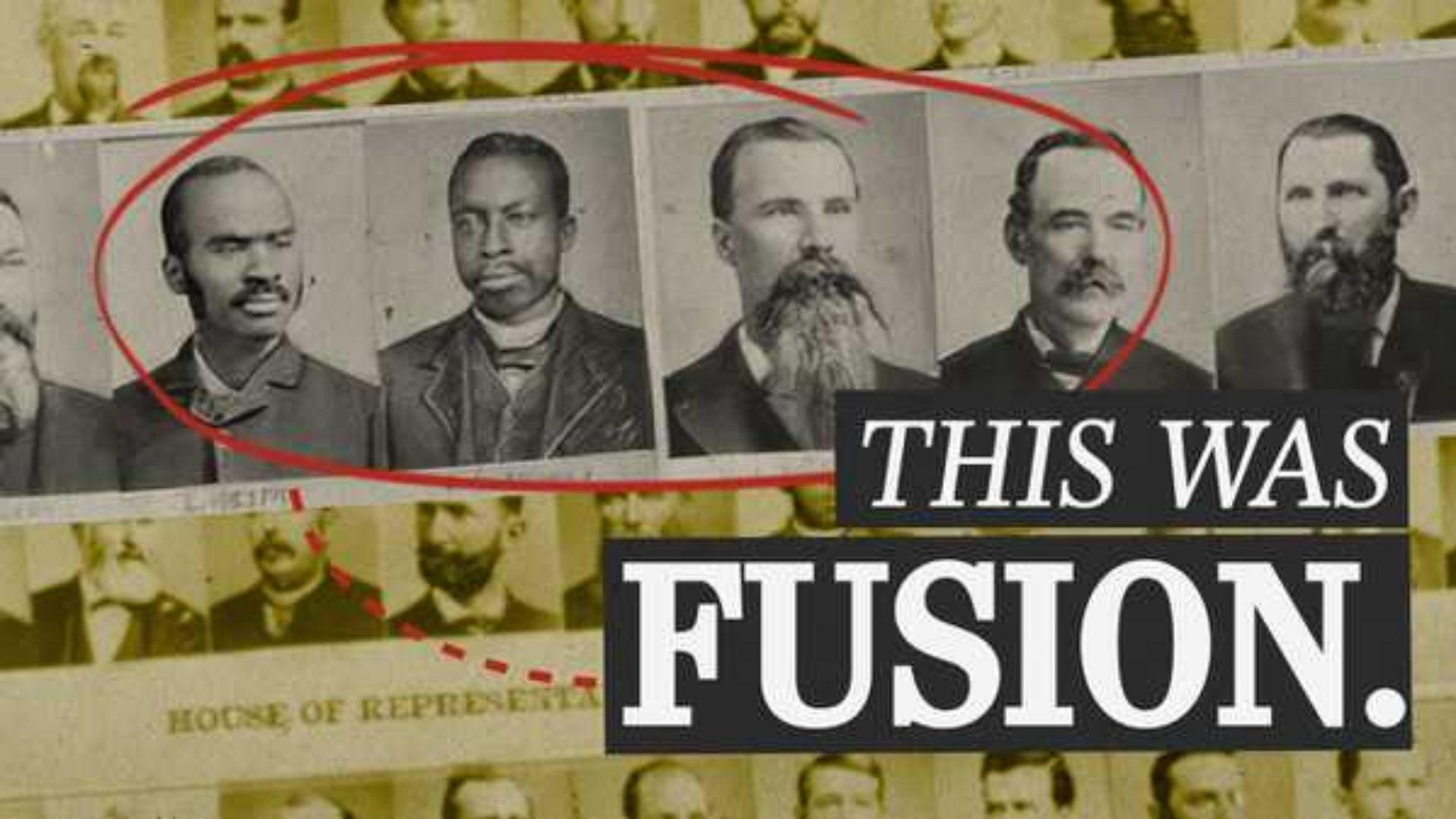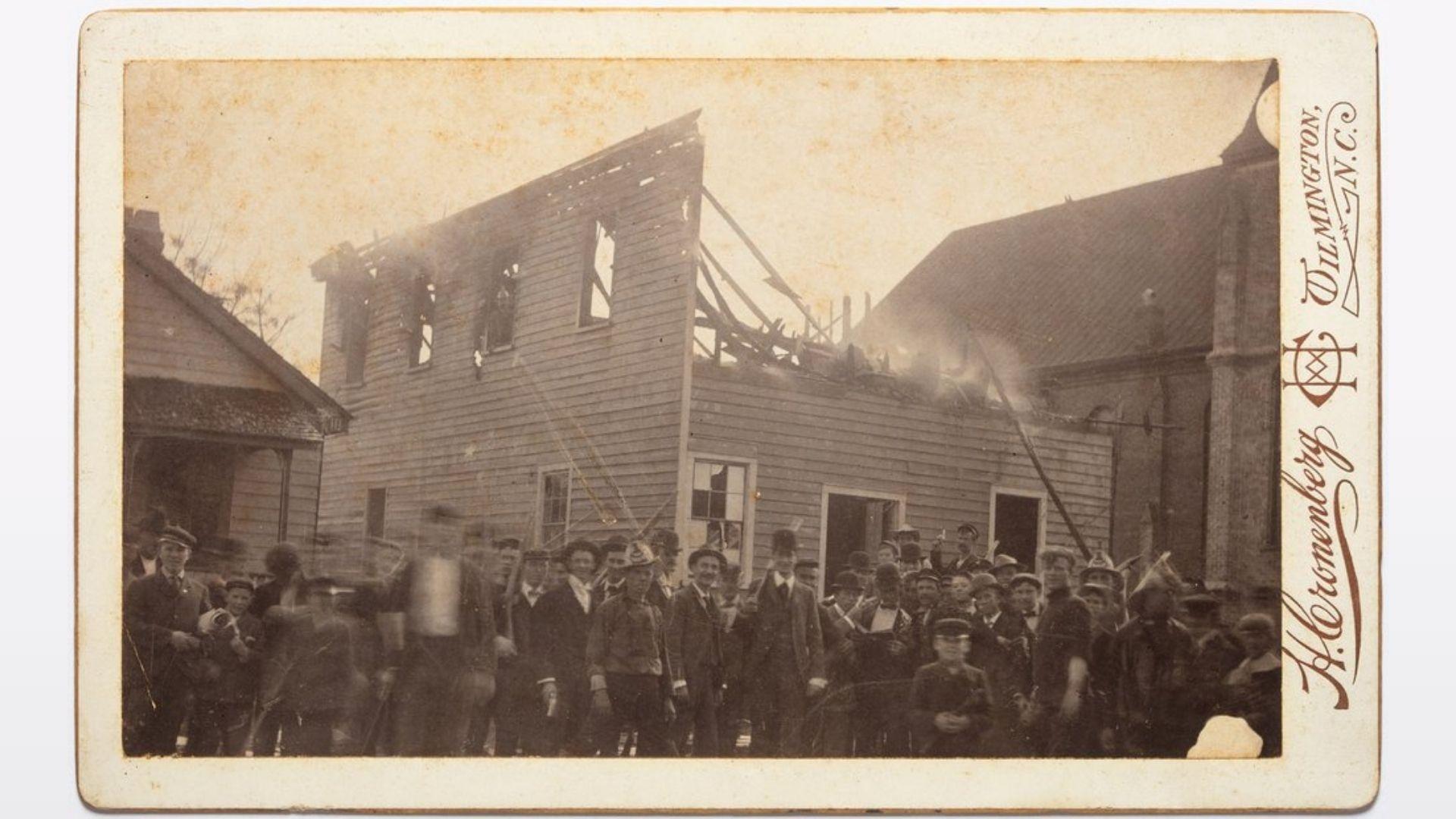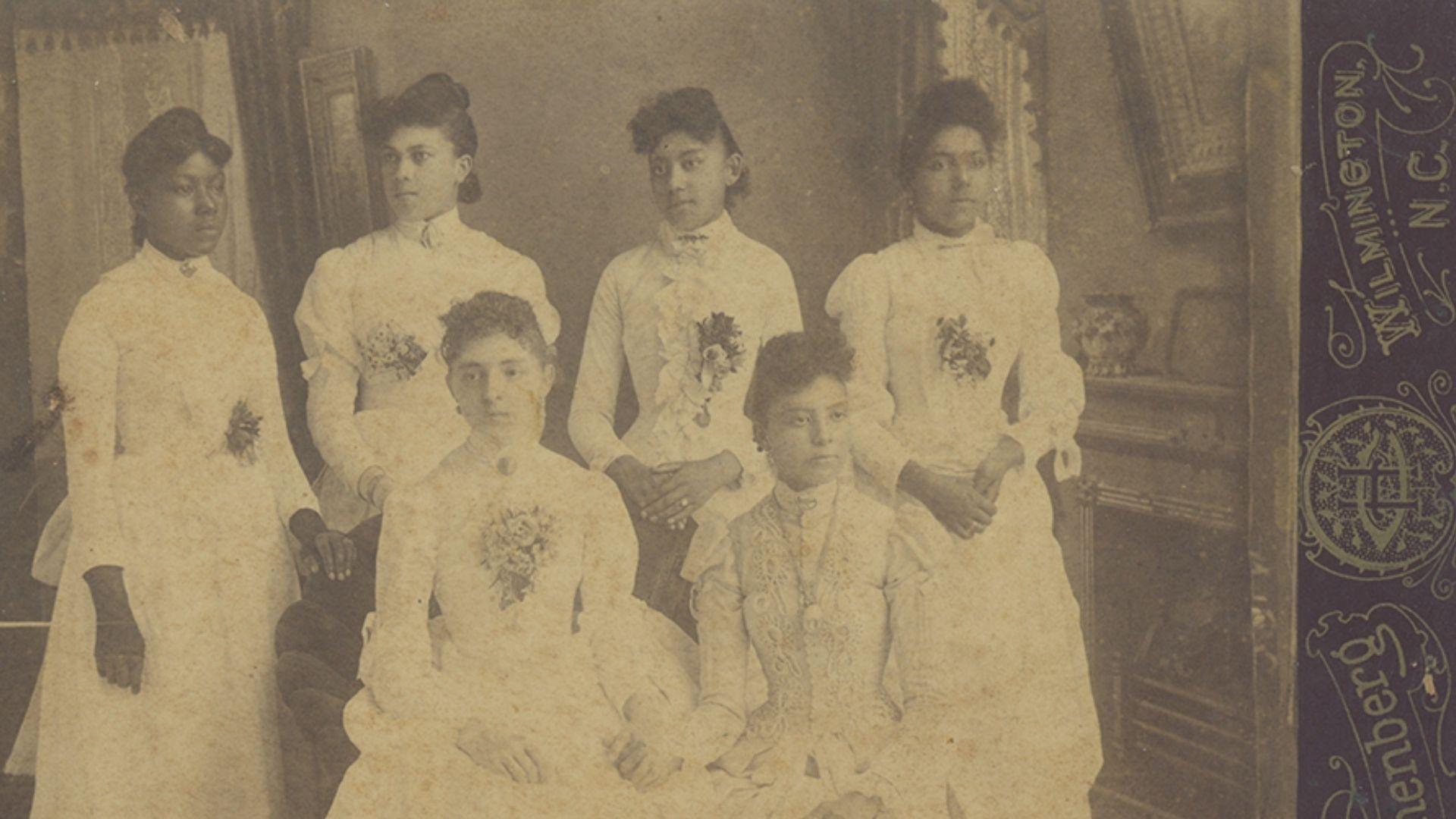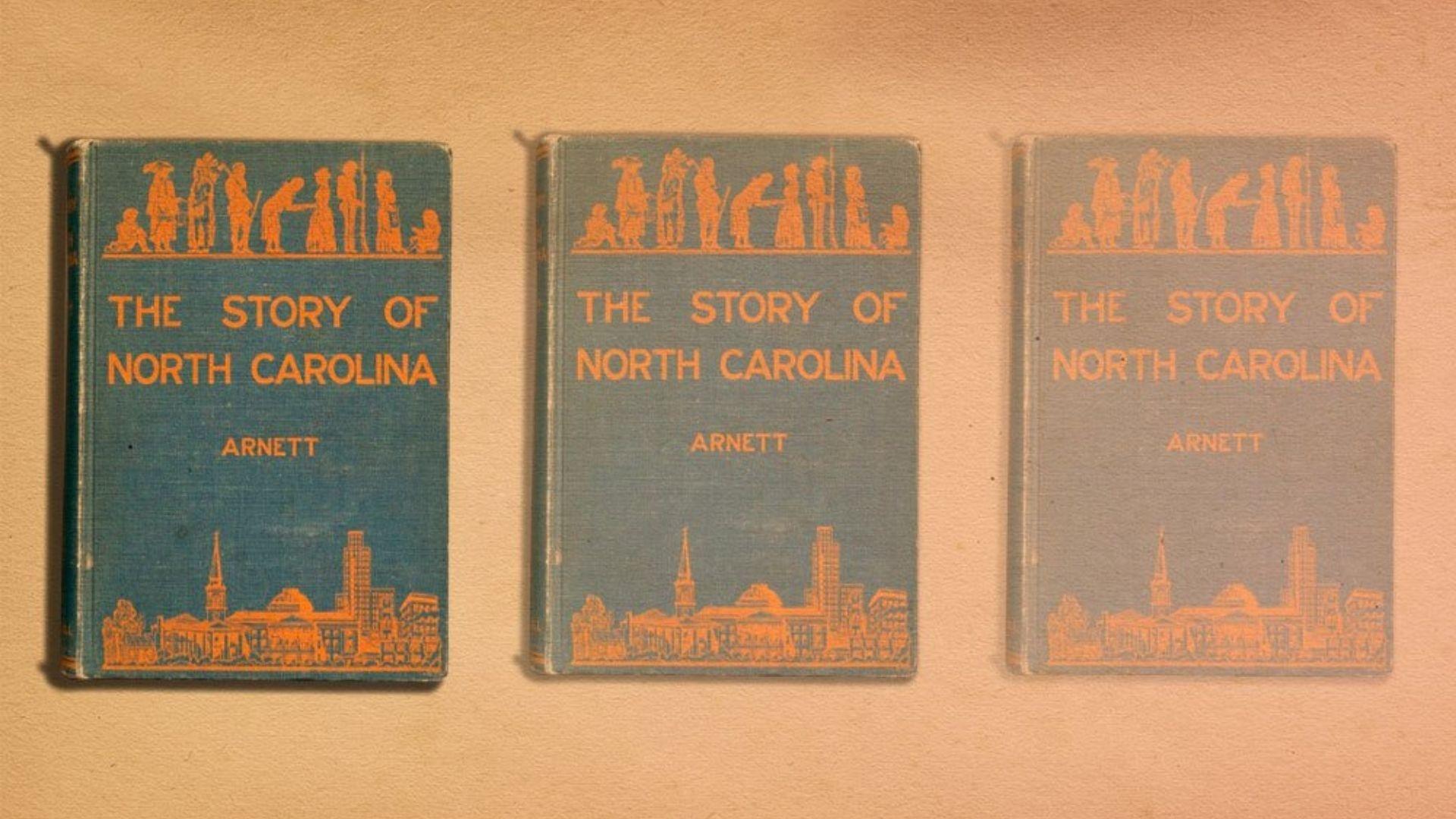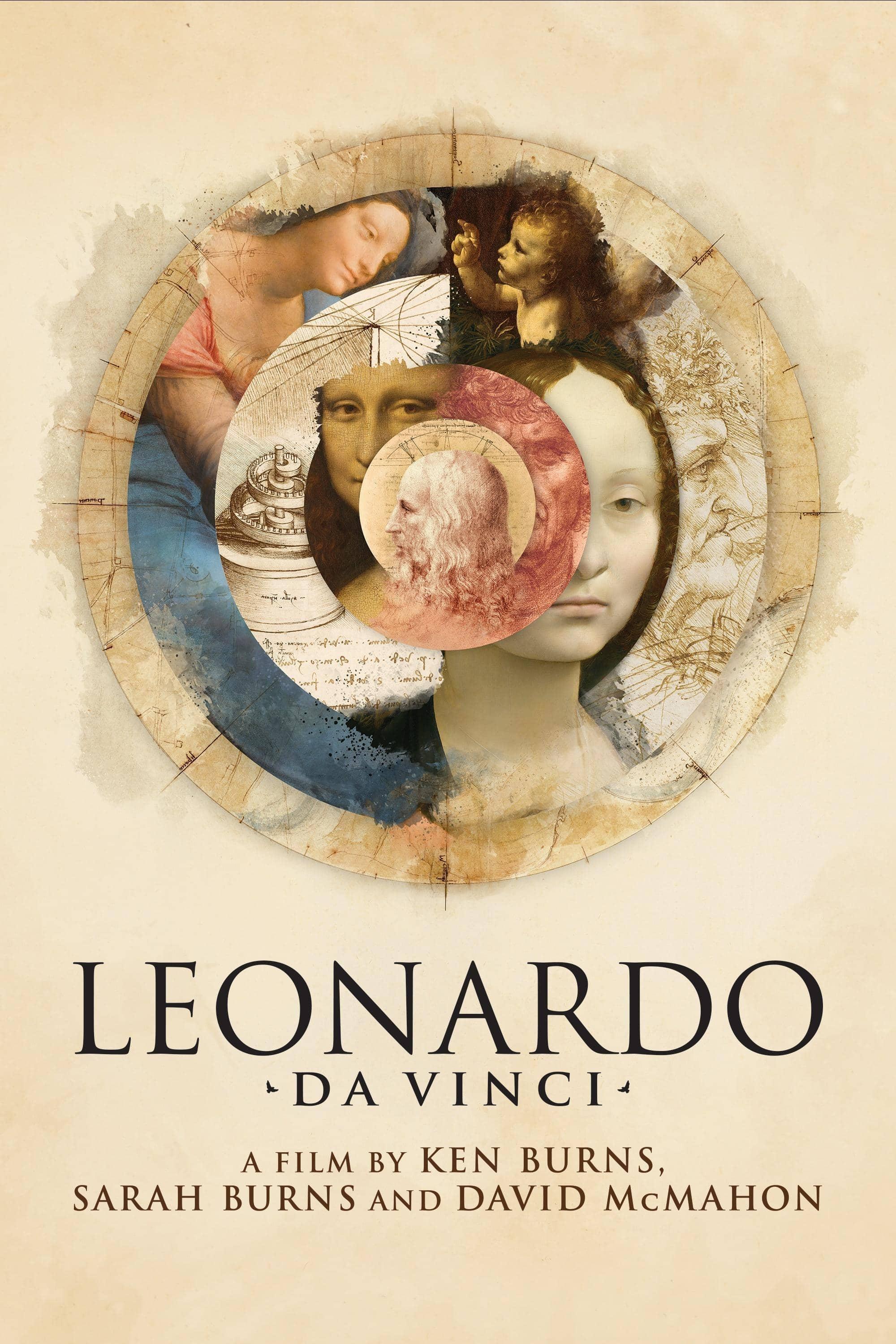Our Funders & Partners
American Coup: Wilmington 1898 has been made possible by support from the National Endowment for the Humanities, with support from the Corporation for Public Broadcasting and Atlantic Packaging. Additional support comes from the Ford Foundation JustFilms, NC Department of Natural and Cultural Resources, Firelight Media, Black Public Media and Andy and Tracy Lowenthal.
Support for complementary education and engagement initiatives provided by the Elizabeth L. Carter Foundation, the Truist Foundation, and North Carolina Humanities, the state affiliate of the National Endowment for the Humanities, and by Wendy and Michael Brenner, Blanche Williamson, The Robinson-Hill Humanitarian Fund, the Z. Smith Reynolds Foundation, and by John and Mary Louise Burress, Leigh Carter, Michael and Kathleen Glancy, Kate Woodbury and an anonymous donor.
Any views, findings, conclusions or recommendations expressed in this film do not necessarily represent those of the National Endowment for the Humanities.
